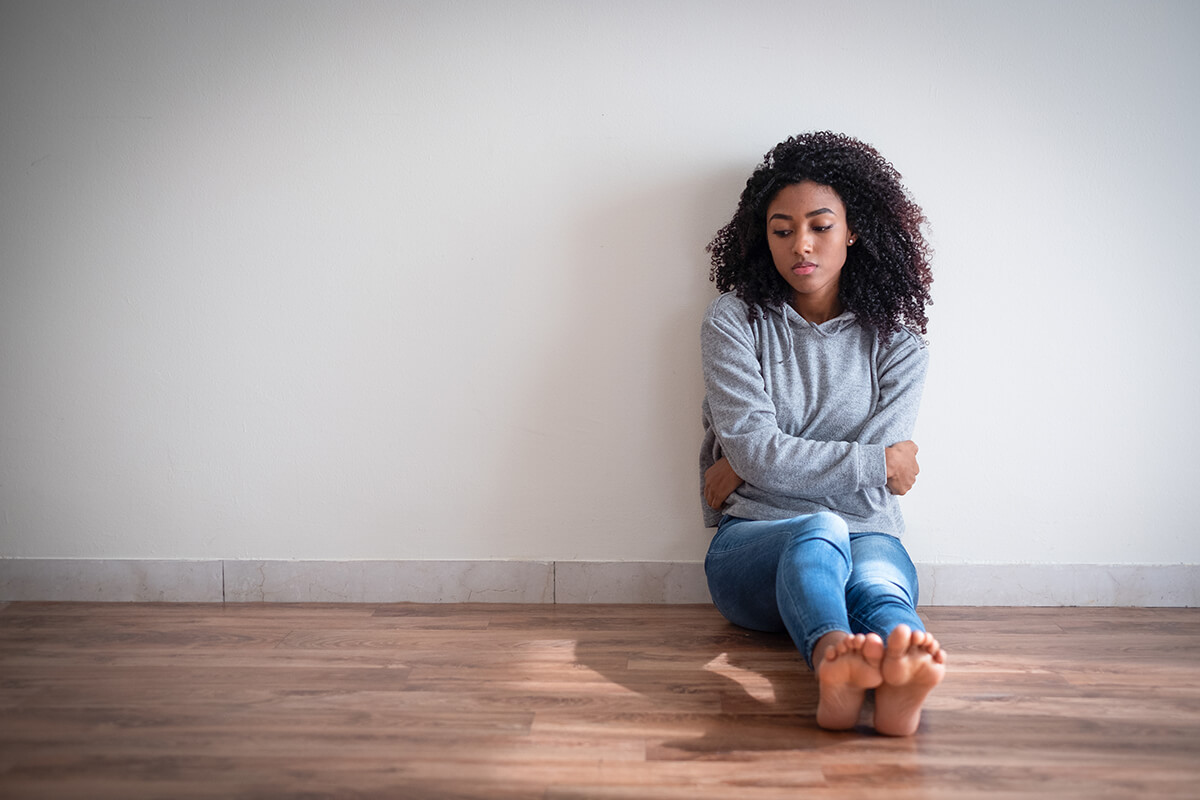Coping with loneliness, even under normal circumstances, can create feelings of discontent and powerlessness along with other negative emotions. Mental health challenges, like addiction, exacerbate the issue even more. People feel lonely when they are involved in their addiction. Therefore, it’s important that they develop the skills they need to meet this challenge head on. Here are three ways to deal with loneliness when it strikes. To learn more about our North Carolina women’s treatment center, contact the Willows at Red Oak at 855.773.0614.
1. Take a Class
Many people take classes to learn new skills and to broaden their horizons. They also sign up for classes because they look forward to meeting people who share similar interests. For the lonely person, they provide a real opportunity for connection with others.
These opportunities for connection take place in a safe environment. This sense of safety encourages people to come out of their shells. Their shared passion with others makes it easier to forget about themselves for a while. They also forget about their loneliness while they engage in a pleasurable experience.
2. Visit a Therapist
Loneliness causes people to feel depressed and anxious. Unfortunately, the more depressed and anxious they feel, the lonelier they often become. These feelings build on each other as those experiencing loneliness tend to isolate. It becomes more difficult for a lonely person to get out and meet people.
Talking with a therapist addresses a couple of issues. First, a lonely person feels heard. Whatever bothers the therapy client becomes the most important topic of the day. Feelings of loneliness arise from feeling disconnected. In other words, coping with loneliness becomes less overwhelming because the client feels validated and understood.
Second, the therapist can teach the client new coping skills, using therapeutic methods. Therapies like this teach people who are lonely to adjust their thoughts. The idea is that the therapy client learns new thought patterns. These new thought patterns help the client to get out of the loneliness thought loop. Over time, the client ruminates less and less on the thoughts of loneliness.
3. Forget About Social Media for a While
Everyone’s life seems perfect on social media. No one feels lonely. Jobs are fulfilling. Christmas looks perfect. Everyone’s children get high marks in school. Social media creates an unrealistic world.
However, this doesn’t represent reality. Life is never perfect, no matter how it appears from the outside looking in. Unfortunately, for the lonely person, seeing others’ social media posts feels like torture. Social media also makes users feel more depressed because it exacerbates feelings of isolation and loneliness.
Lonely people don’t want to admit they feel lonely. They certainly don’t want to admit it on social media where everyone else gets along swimmingly. Dealing with loneliness becomes more difficult on social media. True connection with others can’t take place.
The answer lies in more personal connections. Lonely people feel less lonely when they reach out to loved ones and request personal meet-ups. It’s difficult to come across as real behind a computer screen. When people meet up for coffee, they get to the heart of issues. Talking these out helps them develop more coping skills. They also have an opportunity to experience physical touch, which humans need to feel the connection.
Final Thoughts on Coping With Loneliness
Everyone experiences bouts of loneliness from time to time. However, loneliness can become a bigger issue for those suffering from addiction or depression. These mental health conditions exacerbate loneliness. Talking to a trusted professional does wonders for the lonely person. At the Willows at Red Oak, we offer a wide array of women’s mental health treatment programs, including:
- Cognitive-behavioral therapy
- Dialectical behavior therapy
- Yoga therapy
- Experiential therapy
- Meditation therapy
Contact the Willows at Red Oak Recovery at 855.773.0614 for more information.









